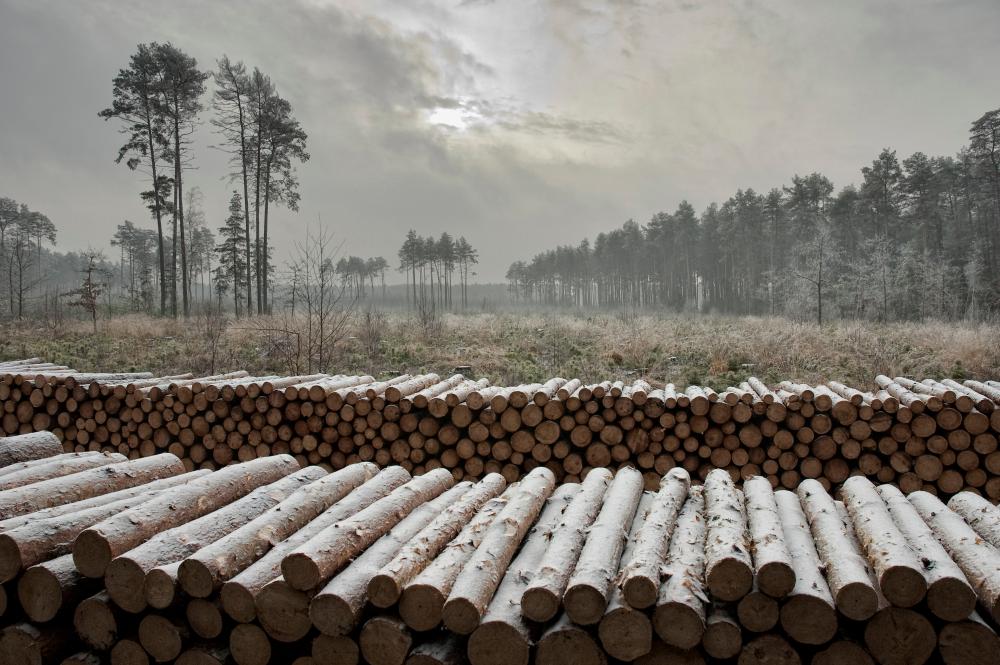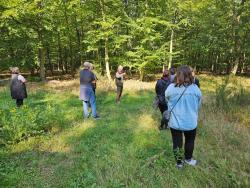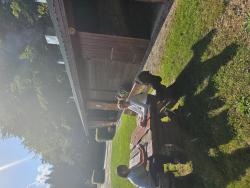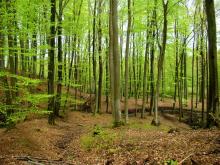 Asset Publisher
Asset Publisher
Sale conditions
Sale conditions of wood are specified by the regulation of Director – General of the Sate Forests.
Within the framework of the individual sale , the foresters try to meet the fast growing demand, because more and more people use wood in order to heat their houses. Contrary to general opinion, these are not only village people, even though they prevail among recipients. The growth of firewood demand is the result of occurrence of new housing estates built in the suburbs of large agglomerations, where houses are usually equipped in fireplace heating installations.
Firewood is not only the most ecological heat source, but also is much more attractive in respect of relation of price and electric efficiency, rather than cola, oil, gas or electric power.
In recent years, the Sate Forests increased the sale of firewood of one third – up to over 4 million cubic meters annually. Firewood is not only the most ecological heat source, but also is much more attractive in respect of relation of price and electric efficiency, rather than cola, oil, gas or electric power. Some of customers choose already prepared and cut into pieces wood, the others very willingly obtain it by themselves after arranging all details and fulfilling particular safety conditions, and after paying the fee; that concerns mainly so called "thinnings". Such a raw material is very cheap, that is why many people from village areas profit from such possibility.
 Asset Publisher
Asset Publisher
SPOTKANIE ZESPOŁU LOKALNEJ WSPÓŁPRACY
SPOTKANIE ZESPOŁU LOKALNEJ WSPÓŁPRACY
W dniu 19 września 2024 roku miało miejsce spotkanie terenowe Zespołu Lokalnej Współpracy.
Zespół ten działa w związku z opracowywaniem projektu planu urządzania lasu dla Nadleśnictwa Gościno, ze szczególnym uwzględnieniem lasów o zwiększonej funkcji społecznej na gruntach będących w zarządzie Nadleśnictwa.
W terenie spotkali się pracownicy Nadleśnictwa, RDLP w Szczecinku, Biura Urządzania Lasu i Geodezji Leśnej (Oddział w Szczecinku) oraz przedstawiciele lokalnej społeczności, władz samorządowych i branży turystycznej.
Dyskutowano między innymi o oczekiwaniach ludności związanych z lasami, wyjaśniono także potrzeby leśników umożliwiające prowadzenie racjonalnej gospodarki leśnej oraz o drodze do celu, jakim jest niewątpliwie osiągnięcie kopromisu między wszystkimi zainteresowanyni grupami.
Gospodarka leśna opiera się na równowadze wszystkich funkcji lasu, m.in.: przyrodniczej, społecznej i gospodarczej. Zachowanie tych funkcji szczególnie w odniesieniu do lasów na terenach o dużej presji społecznej wymaga wielu kompromisów.












